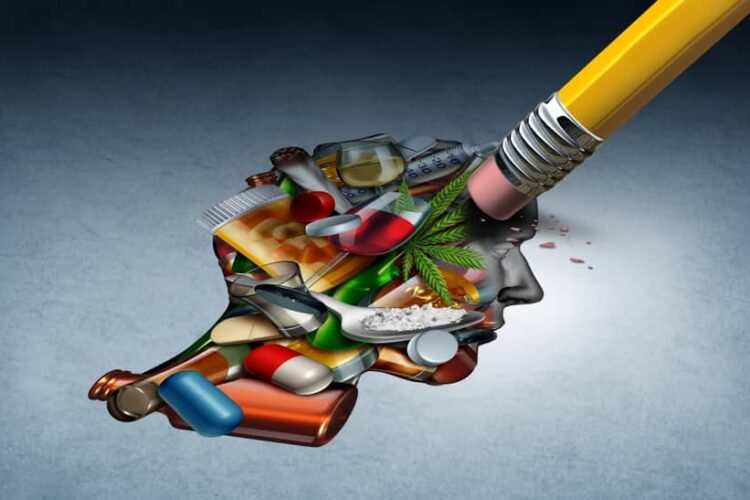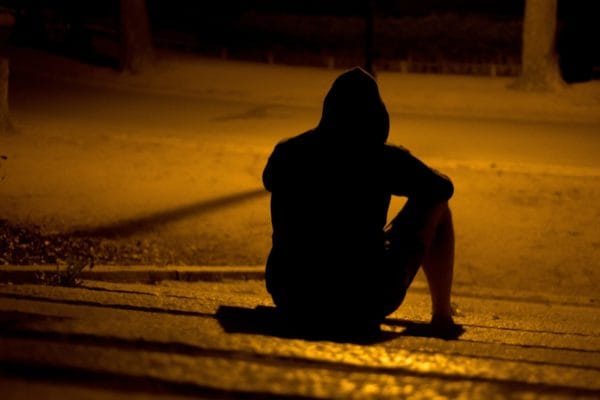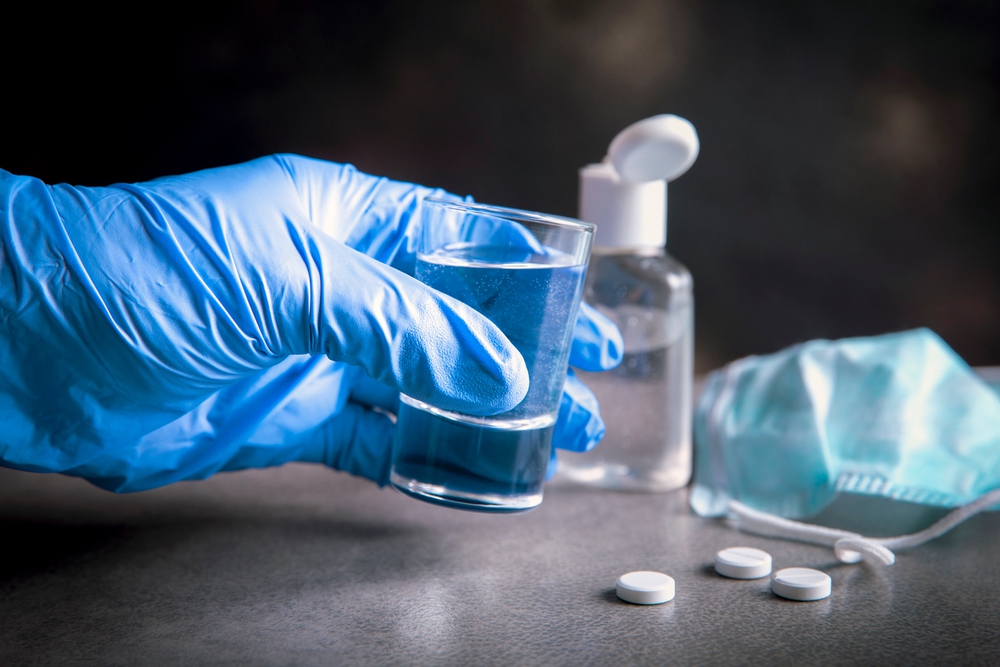
Substance use rises during the pandemic… dangers and signs you may need to look at your use of drugs and alcohol
The United Nations World Drug report published in 2019 estimated that there were 35 million people worldwide with a drug problem. Various studies have shown that there has been a 13%-18% increase in the use of substances during the pandemic.
It is only now that restrictions are being lifted, and we are finally able to see family and friends, that we can see for ourselves how serious the psychological and emotional impact of the virus has been on those we love.
The isolation that was necessary to stop the spread of covid-19 has heightened problems in those individuals already susceptible to issues with substance misuse. Loneliness, boredom, and fear have caused those who were already struggling, to increase their intake of alcohol and drugs; and made addicts out of many.
Any major event can have a huge bearing on your life and can cause stress and anxiety. The pandemic has touched every area of people’s lives – financial, social, and medical – and for some this has caused major and catastrophic changes that will influence their lives for years to come.
Finances have been hit hard. Jobs have been lost or changed irrevocably, businesses have closed completely or severely reduced their staffing levels. Lack of available childcare has meant some parents giving up work they are going to find hard to replace.
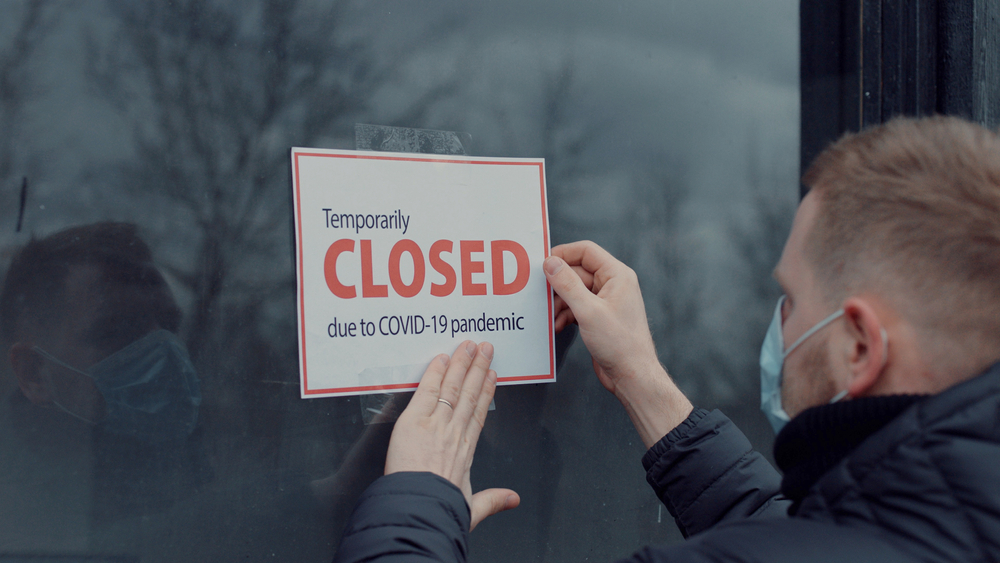
Evenings out, weekends away, holidays abroad and even nights in with friends have been curtailed. Unless someone has been in your bubble, the chances that you have seen them in person over the last year, is slim. This has had an influence on relationships, some marriages and partnerships will have grown stronger whilst others have become damaged beyond repair.
Hospitals have been completely overwhelmed with treating patients with the virus, and doctors’ surgeries have shut or moved towards telemedicine. Amongst health care professionals there are serious concerns that the diagnosis and treatment of other life-threatening illnesses has been overlooked.
One of the areas hit the hardest by the effects of the pandemic and the reduction in access to necessary services is mental health, with substance abuse and addiction problems at an all-time high. Most private rehab centres have stayed open during the crisis, but government-run drug rehabilitation services and rehab clinics have had to reduce their outpatient services.
Drug and alcohol support groups and fellowships have been hit with limits on numbers, and the closure of venues has meant that many meetings have moved online. Unfortunately, the lack of peer support and access to desperately needed facilities has left those addicts and alcoholics already in recovery vulnerable to relapse.
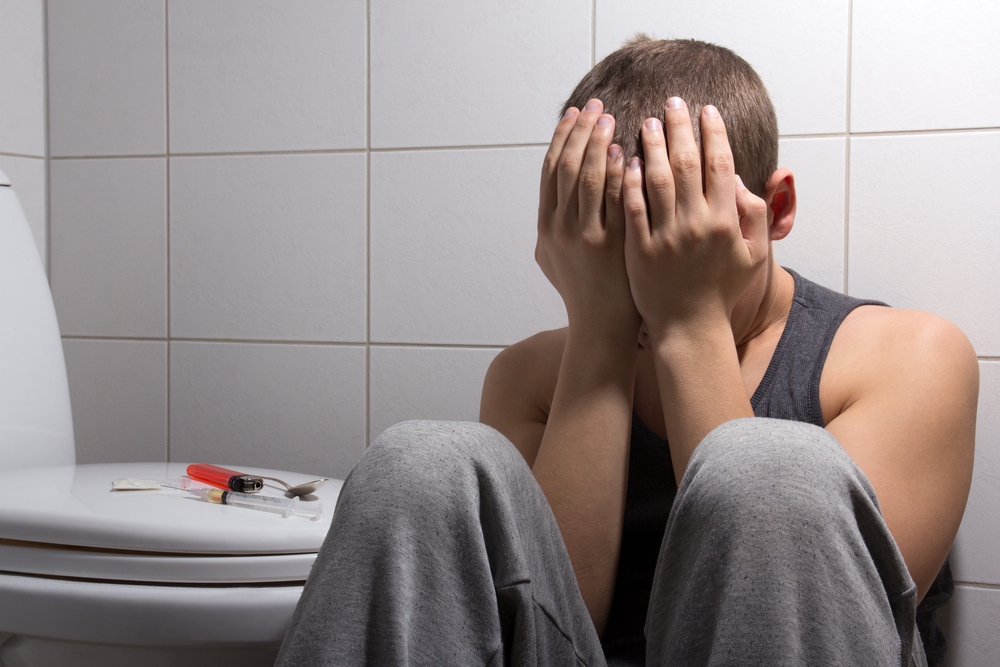
What is a substance? And why do people use them?
A substance is defined as any psychoactive chemical compound that when inhaled, taken orally, or injected affects the mental process, meaning it changes perception, awareness, emotions, and behaviour. Substances include alcohol and drugs, illicit and prescription, cannabis, pills, opioids, sedatives, and stimulants.
People use substances to change the way they feel: to feel better, or to stop feeling bad, to stop feeling pain or to relax and unwind. For some it is so they can perform better or go faster; and for others, it might simply be an experiment or to fit in with the peer group they spend time with.
What are the dangers of substance use?
Whatever the reason a person starts to use drugs, sustained use can lead to addiction. Using a substance changes the way the brain works, and over time more and more is required to get the high that the person is craving. It also becomes harder to attain a high naturally from things like laughter, food, or love, so the addict goes back to the chemical to achieve it.
It is not just the brain that substances affect, they can cause short- and long-term damage on nearly every organ in the body particularly the kidney’s, liver, and heart; and can cause problems with sleeping, eating, memory and concentration.
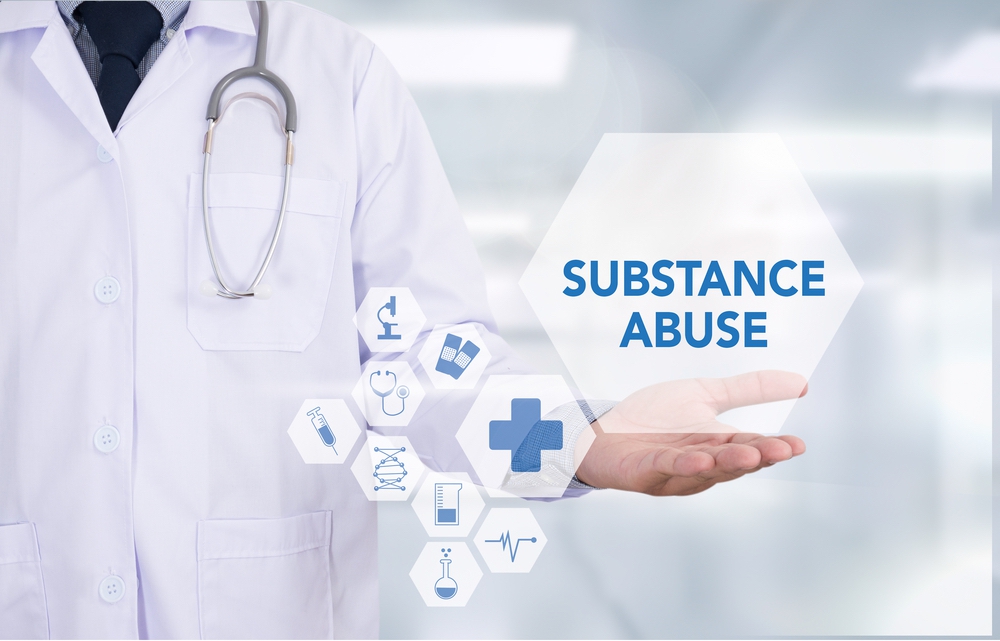
Ways different substances can affect your body and brain:
- Alcohol: Difficulty with decision making, problem-solving, memory, and learning.
- Cannabis: Forgetfulness and trouble focusing.
- Cocaine/amphetamines: Feelings of paranoia, panic attacks, violent episodes, and heart problems.
- Heroin/opioids: Heart rate and breathing can slow to dangerous levels, leading to coma or death.
- Inhalants: Instant and immediate damage to the heart, kidneys, lungs, and brain.
- LSD: Rapidly changing emotions, difficulty in recognising reality and frightening flashbacks.
- MDMA (Ecstasy or Molly): Confusion, attention, memory, and sleep problems.
- Prescription pain relief and sedatives: Heart rate and breathing can slow to dangerous levels.
- Prescription stimulants: Dangerously high body temp, irregular heartbeat, heart failure, and seizures.
Some symptoms occur immediately, and others may take days or weeks to show up. If you are experiencing any of the above it might be time to look at your substance use.
Further signs it is time to look at your use of drugs and alcohol
- Once you start drinking or using you find you cannot stop.
- You are using when you don’t really want to.
- People are commenting on your use or behaviour.
- Your eating and sleeping habits have noticeably changed.
- If you do not use it, you are moody, irritable, and restless.
Test yourself: Am I an addict?
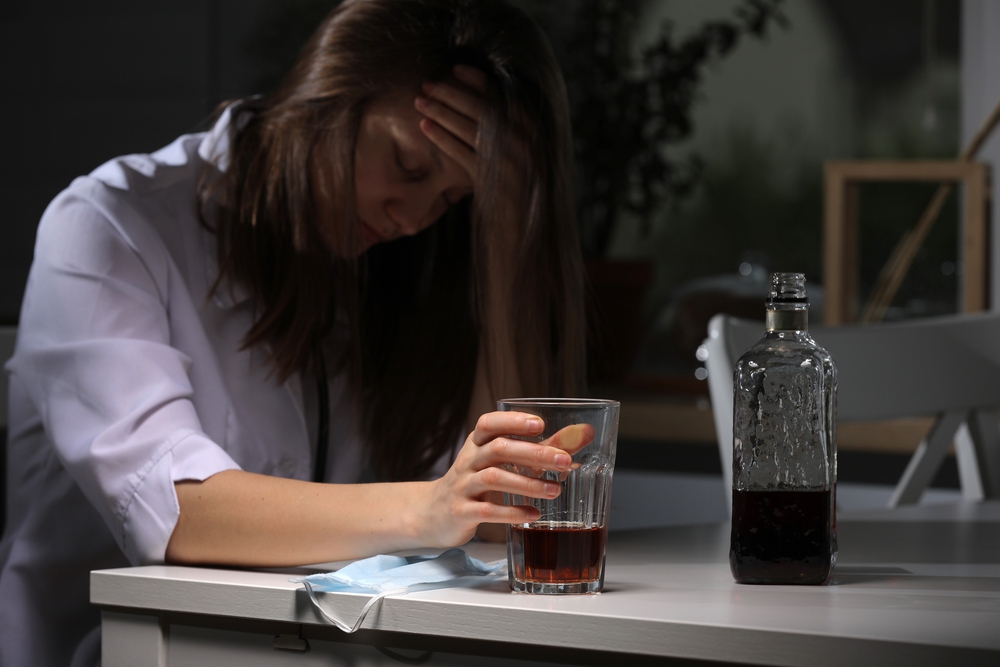
Where to go if you need help?
There are drug rehabilitation services available privately and through charitable or government-funded schemes, as well as many peer group fellowship organisations such as Alcoholics Anonymous (AA) and Narcotics Anonymous (NA).
Rehab in Spain
Here at our luxury rehab centre in Ibiza, we have been able to continue to treat clients throughout the pandemic and for information on our admissions please contact [email protected]
Share this information, choose your platform!
Understanding dual diagnosis.
Looking at the connection between mental health and addiction. Many individuals who struggle with addiction also face co-occurring mental health challenges; a condition known as dual diagnosis. For example, people with alcoholism are more than six times more likely to …
Fentanyl – The Secret Killer
Fentanyl is a highly addictive opioid claiming the lives of many. It’s often used knowingly, but in some cases unknowingly by the user. Fentanyl use has increased dramatically. In 2014 (USA) Fentanyl related deaths were around 4223, two years on …
High Functioning Addicts
Addiction as depicted through the entertainment industry and often the media is full of stereotypical tropes such as the ‘down and out’ dregs of society, the flamboyant rock and roll fall from grace or else the proverbial ‘rock bottom’ moments. …
What is special about treatment at Ibiza Calm?
What is special about treatment at Ibiza Calm? The home of Ibiza Calm is a 500-year-old Ibizan Finca situated on three hectares of farmland, lined with orange and lemon groves. This idyllic setting offers the perfect combination of privacy, peace …






